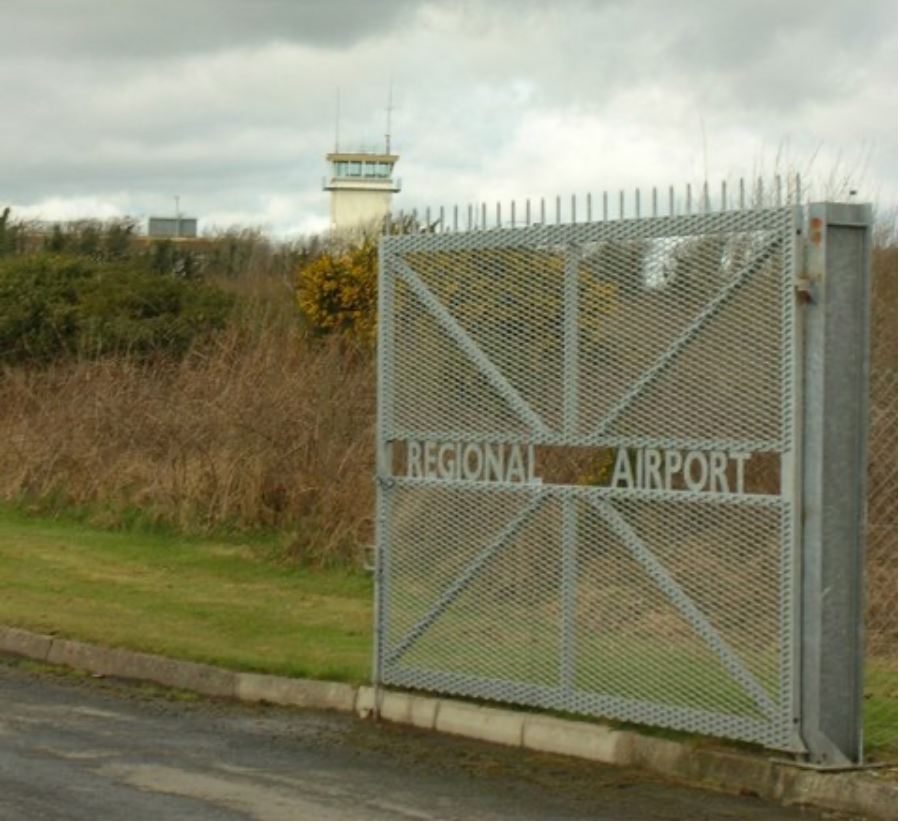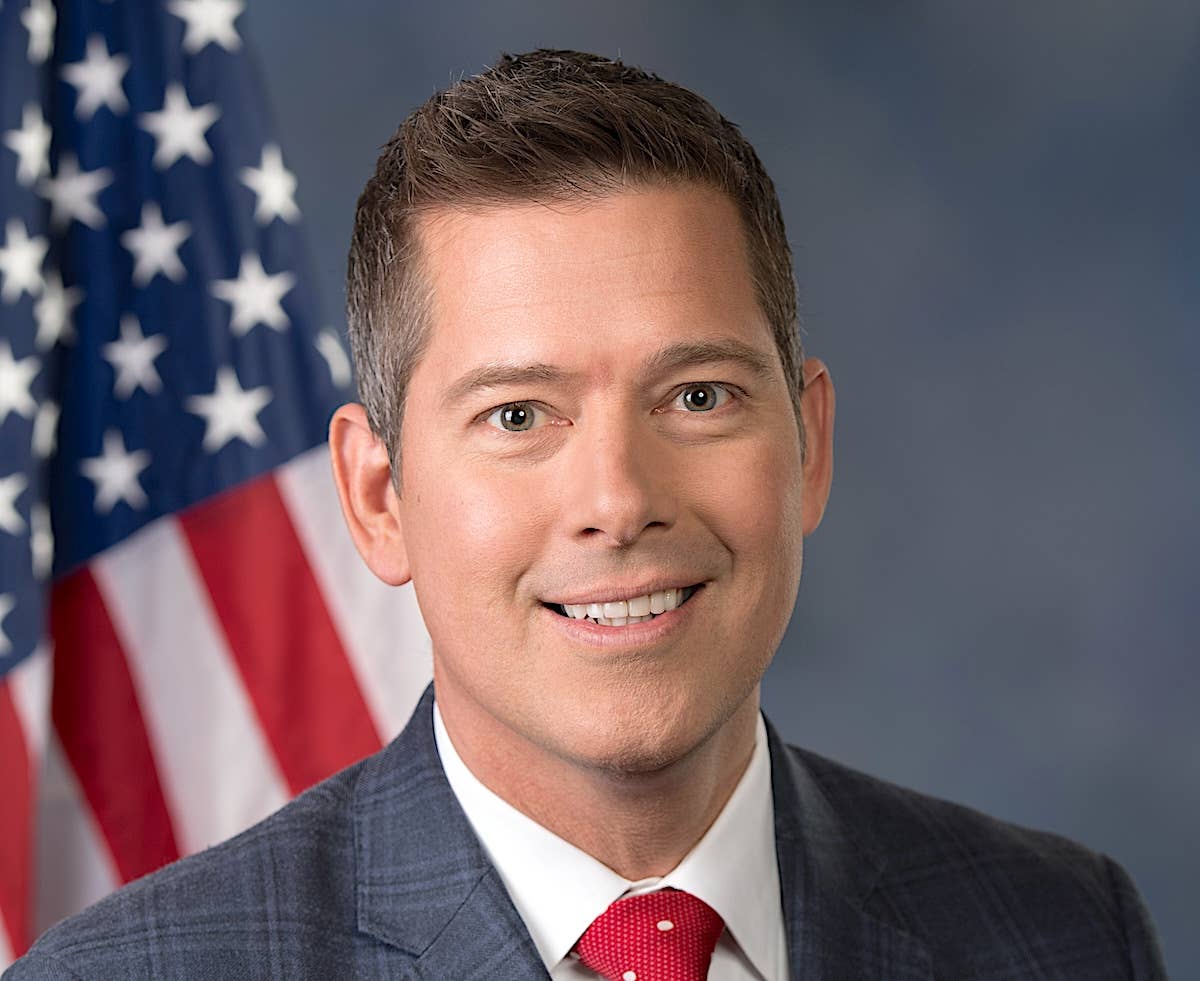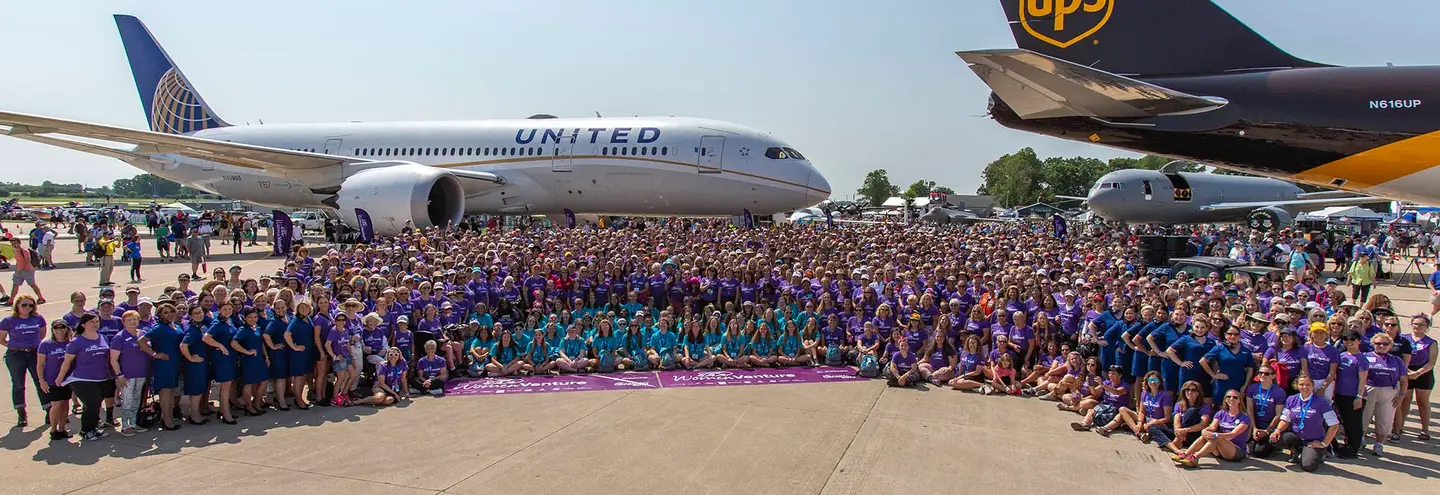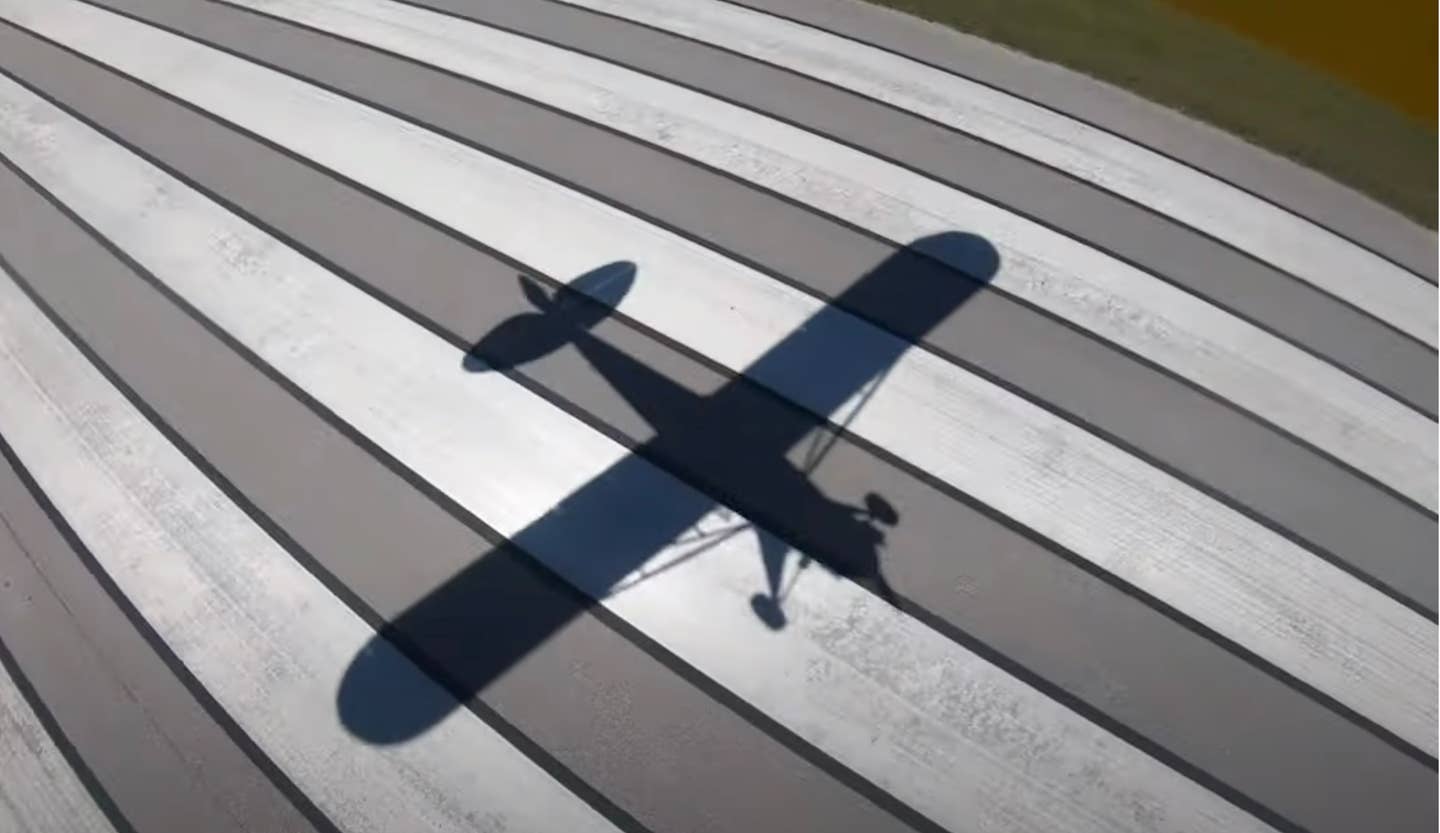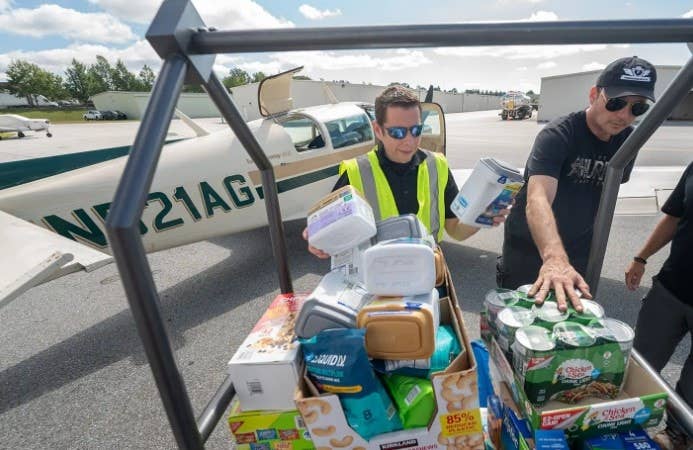
Josh Kunz/NBAA
When people talk about flying, general aviation always comes in third behind military and airline flight. It could be that our brand of flight is so interwoven with the world—that we have become background noise in a world filled with noise.
Most reporters from media outlets know that the word “Piper Cub” will identify just about any small aircraft in the news. Most coverage of “small airplane” events leaves out the make and model of the aircraft, but they are sure to mention that the pilot did not file a flight plan even if he was flying in the local pattern when the incident occurred.
Of course, no media member I know of knows what a flight plan is or how it works. Buzzwords and exotic excitement sell advertising. Airplanes are exotic to most people, which is probably why every single aircraft incident or accident gets deep coverage filled with self-righteous angst, while the 42,514 people who died in car crashes last year in the United States get only short local coverage.
General aviation is something the public endures as an endeavor performed by rich trust-fund babies, billionaire CEOs and flight students who want to get into the “real” aviation of airline piloting.
That attitude has led to the closure of far too many small general aviation airports. Many of these places were worth more as warehouse farms, and people were happy to close them to airplanes to escape their buzzing noise.
Until the unthinkable yet predictable bad things happen.
In a mega-disaster like Hurricane Helene, many people’s survival and rescue hinged on how far they were from a functioning general aviation airport. Their fate largely depended on how many general aviation pilots would volunteer their time and aircraft to rush aid to them.
Many pilots in my area dropped everything and threw their “Piper Cubs” into the rescue effort. Helicopter jocks are the most useful in the mountains of North Carolina because many of the general aviation sling wings have a smaller rotor footprint than their military cousins and can land in much tighter LZs.
Small, single-engine aircraft like mine help search areas and provide a pathway for lighter yet vital cargo like pharmaceuticals to pass through.
Both rotor and fixed-wing aircraft need a base from which to operate. This base must be a place to get fuel and drop off lifesaving and life-sustaining items that can no longer be delivered by truck, car or train. These places are called general aviation airports.
The recovery time for the people in North Carolina will be measured in years, not weeks or months. The roads are trashed or nonexistent, so continued air support will be necessary.
I doubt anyone in our national or local governments considers general aviation a vital resource. Politicians tend to fly on jets donated by their tax-relief-seeking business friends. People working in general aviation, such as crop dusters, firefighters, cargo haulers and air ambulance drivers, don’t have the time or energy at the end of their week’s flying to engage in a “Yay! For General Aviation!” campaign.
As an aviation writer, I have been asked many times by CEOs of general aviation companies to promote general aviation. They fear the numbers downturn of our merry little band of aircraft owners and pilots. Numbers due in large part to our advancing ages.
Of course, this demand for free media help does not include a pledge to produce low-cost entry-level aircraft or to reduce their salaries to support the cause.
When an entry-level trainer like the Cessna 172 lists between $400,000 and $500,000, it is hard for the public to see general aviation in any way other than as a playground for the rich. Rich people who use hundreds of acres of local land to operate noisy runways. Razor-wire fences surround airports to keep them out.
I can tell you what I told the CEO of an aircraft manufacturer a few years back. I have no idea how to promote general aviation, but somebody needs to figure out how to sell its utility and lifesaving properties. Somebody needs to make John and Jennifer Lunchbucket aware that little airplanes save lives, make their communities financially better off and help ensure their safety in a disaster.
That person could be you.
Thank you to everyone out there flying and offering more than “thoughts and prayers” to our frightened, hungry and desperate friends.
--


